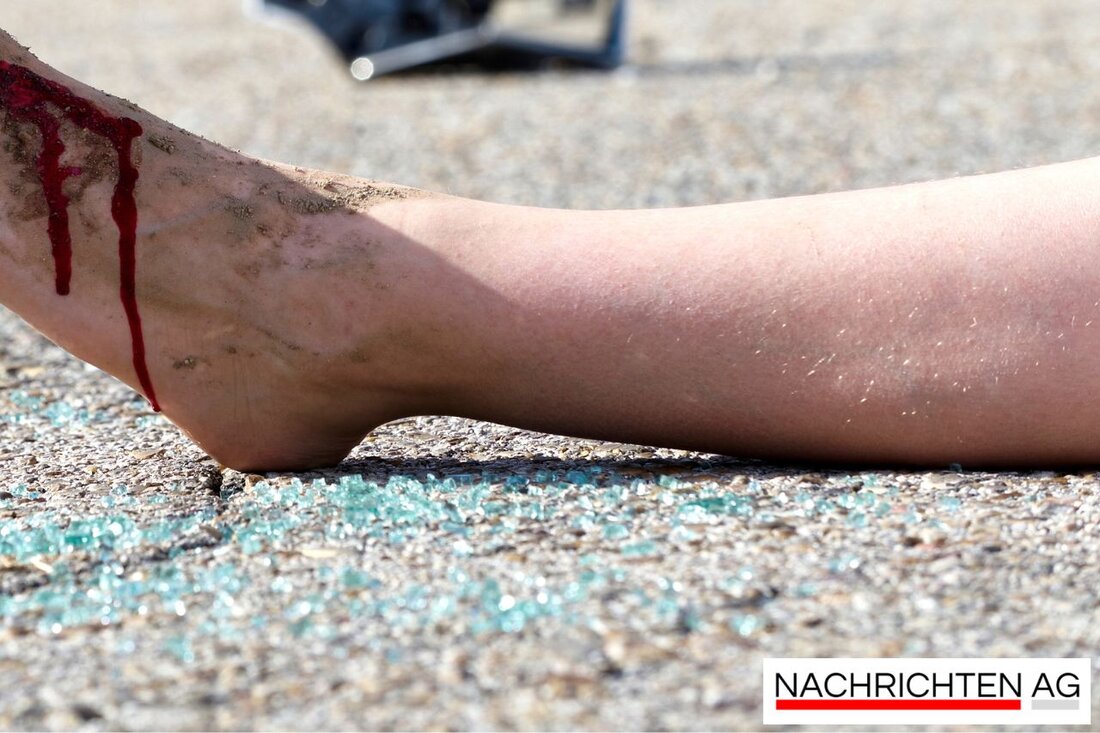Reuterkiez: Court confirms Poller and one -way streets for less traffic
Reuterkiez: Court confirms Poller and one -way streets for less traffic
Berlin-Neukölln, Deutschland - In a pioneering decision, the Oberwaltungsgericht Berlin-Brandenburg Berlin-Neukölln, including the installation of bollards and one-way streets, are lawful. This decision was made on June 17, 2025 and at the same time confirms an earlier decision by the Berlin Administrative Court.
In the context of an urgent procedure, the court had dismissed the applications of two residents and a driver who argued that through traffic was not an increased danger. However, the Higher Administrative Court found that all measures are part of a comprehensive traffic calming concept that was set up by the district office at the end of 2023. This was done to keep through traffic from the streets around Reuterstrasse and to increase safety for pedestrians and cyclists.traffic calming as an overall concept
The measures decided by the courts include not only bollards on intersections, but also several bicycle and one-way street rules. The Hobrecht Bridge in particular is now only accessible in one direction. The aim of these orders is to reduce transit traffic and reduce the number of accidents. These strategies are part of the larger plan to redesign the Reuterkiez in order to significantly improve the conditions for foot and bike traffic.
The district office has already started implementing the measures in 2023, which systematically regulate traffic in this residential area with a high advancement and high bicycle density. Despite the concerns of the applicants, the court confirmed that no special danger situation for each individual road can be found primarily. The interests of the residents were adequately taken into account in the decision, and the decision of the Higher Administrative Court is inconceivable.
criticism and discussion about traffic transition
The traffic calming measure in the Reuterkiez is not an isolated case. All over Berlin, the city landscape is currently being redesigned by neighborhood blocks, bicycle streets and car -free zones. However, this change, which in particular promotes the mobility turnaround, often encounters resistance from residents, business owners and also emergency services. Critics complain that measures such as the temporary passport blocks in different districts could affect the accessibility of the properties and the possibility of emergency services.
The comprehensive concept for the redesign of urban areas already shows success by creating space for pedestrians and cyclists - such as on Lausitzer Platz in Kreuzberg, where there are hardly any traffic conflicts left. However, projects for promoting mobility are still under discussion, and in some cases the Berlin Senate has initially stopped financing Kiezblocks to react to the concerns of the residents and emergency services. Development city addresses these challenges and discusses where the right compensation is between individual car traffic and communal, traffic-calmed space.
| Details | |
|---|---|
| Ort | Berlin-Neukölln, Deutschland |
| Quellen | |


Kommentare (0)